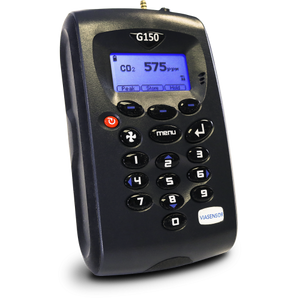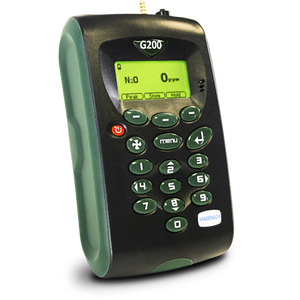News
How Long Before You're Composting?


As the world continues to become increasingly environmentally minded, there has been an increased call for things like methane emission reduction, creating products from recycled materials, and transitioning to renewable energy sources like Biogas. Similarly, composting has grown in popularity significantly over the past 30 years.
Between 2000 and 2017, the percentage of American households who composted nearly tripled from 2.2 percent to 6.3 percent. Composting programs have also risen 65 percent over the past 5 years according to a recent study. It's not hard to see why.
At the macro level, reduction of waste is saving major business hundreds of thousands of dollars in disposal and landfill costs. Use of compost is also helping farms reduce pesticide use and the need for defoliation, further saving them money while also creating better quality crops.
Composting at the micro (household) level also carries benefits which should not be understated. 28 percent of American households cultivate their own fruits or vegetables and for them, the benefits of creating their own fertilizer through composting are obvious.
For environmentally minded people, composting allows them to reduce the waste sent to landfills thereby combating overfilling. Properly cultivated compost also prevents methane and CO2 emissions, helping reduce greenhouse gases that cause global warming.
But for people who don't have their own garden and don't see any benefit to combating global warming at a micro level, I would argue you should still consider composting.
Why? Money?
The fertilizer market in America alone is a $27B a year industry. Hundreds of millions of that comes from those 28 percent who have their own garden, meaning statistically the vast majority of Americans know several people who buy fertilizer at least semi regularly. Rather than simply dumping everything into a garbage bin, there exists the potential to not only help the environment but also make a little extra money on the side.
Regardless of why people decide to compost, many still don't realize just how much of their waste can be used in that regard. Coffee grounds, seaweed, and eggshells are just a few of the organic waste products people might not realize can be composted. In addition to that, most paper products can be used as well. Things like napkins, shredded paper, broken down egg cartons, paper towels and toilet paper including the cardboard rolls, and many more. It's estimated up to half of all municipal waste in America can actually be composted. With the average person creating around 4 pounds of waste per day, 2 pounds per person per day of composted material can start to add up very quickly.
Properly cultivating compost is easy to learn and carries virtually no downsides outside of the occasional moment of upkeep. The environmental benefits are many. It's proven to be cost effective to the point of being profitable and composting is easier to take advantage of than most people realize. Expect composting to continue it's long upward trend of popularity. What would get you to start?


